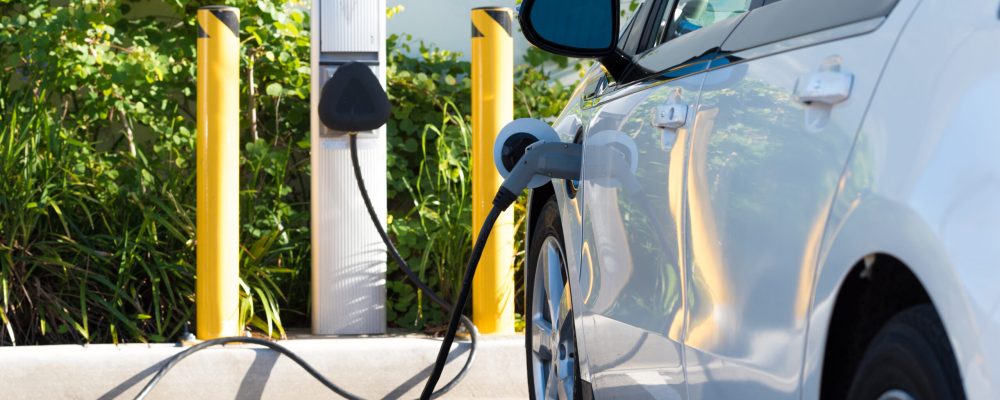As the landscape of electric vehicle (EV) tax credits evolves in 2024, consumers are presented with opportunities and challenges in navigating the incentive system. Understanding the program’s intricacies can significantly impact the savings individuals can secure when purchasing an EV.

The Current Landscape of EV Tax Credits 2024
In 2024, the eligibility criteria for EV tax credits have undergone notable changes, resulting in a smaller list of qualifying vehicles. While this may initially appear restrictive, experts anticipate future expansions as automakers adapt to meet evolving requirements. The dynamic nature of the EV market suggests a promising outlook for prospective buyers.
In pursuing environmentally conscious transportation solutions, consumers must grasp the nuances of EV tax credits to make informed decisions regarding their purchases. With a comprehensive program understanding, individuals can effectively leverage available incentives to maximize savings and contribute to a sustainable future.
Under the revised guidelines, EVs must meet specific thresholds to qualify for tax credits. Key considerations include the vehicle’s manufacturer, assembly location, battery component origins, and income limits of prospective buyers. Adhering to these criteria ensures compliance with federal regulations and enables consumers to benefit from available incentives.
READ ALSO: IRS Tax Season 2024: Maximizing Your Tax Credits and Rebates
Optimizing the Purchase Process
Buyers must familiarize themselves with the qualifying parameters outlined by government agencies to streamline the purchasing process and avoid potential complications. Individuals can confidently explore eligible EV options and capitalize on available tax credits by staying informed.
Incorporating EV tax credits into the purchasing journey requires strategic planning and attention to detail. Prospective buyers should engage with reputable dealerships offering transparent information regarding tax credit eligibility and documentation requirements. Additionally, individuals must assess their income levels to ascertain eligibility for the credits and mitigate the risk of IRS audits.
Furthermore, consumers should explore supplementary incentives, such as state-level EV rebates, to augment federal tax credits and maximize overall savings. By proactively researching available incentives and adhering to procedural guidelines, buyers can streamline the purchase process and embrace the benefits of electric mobility.
READ ALSO: ITR 2024: Central Florida Organizations Offer Free Tax Prep Assistance; Check if You Qualify!



